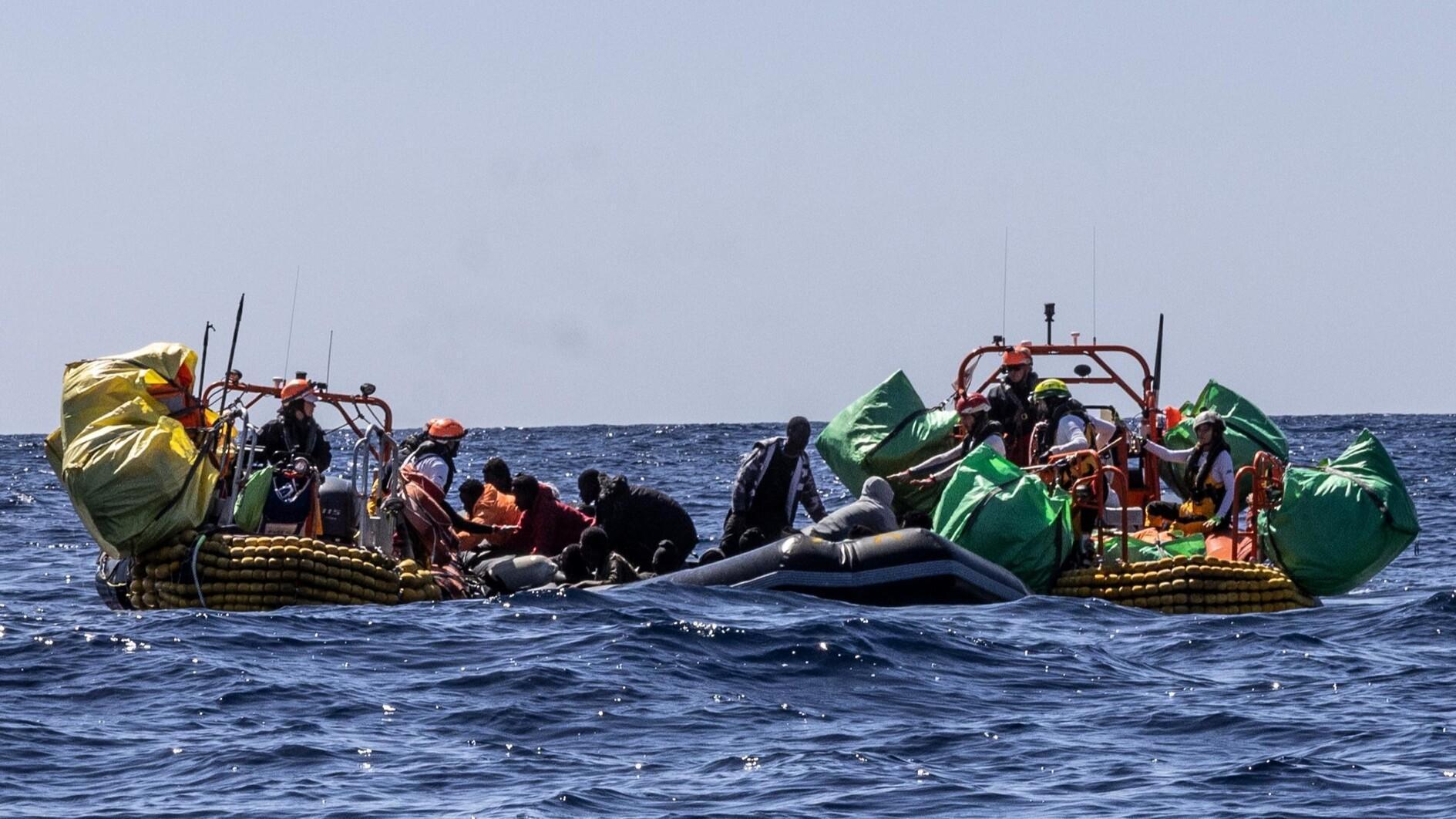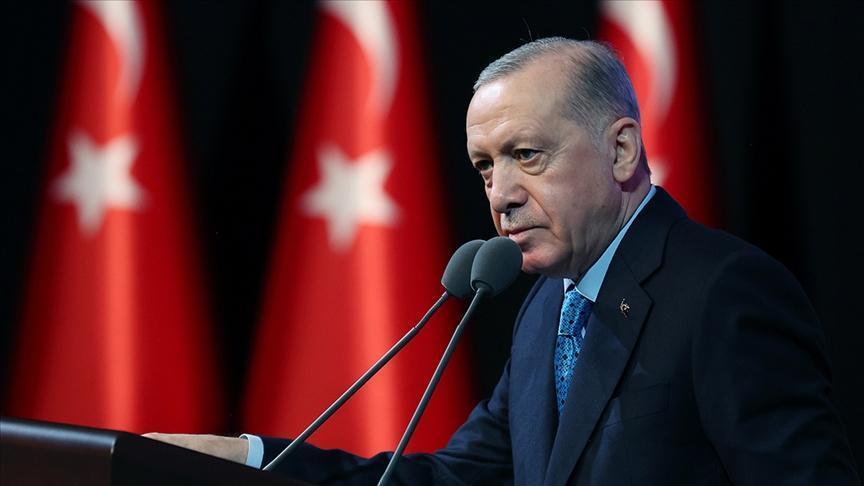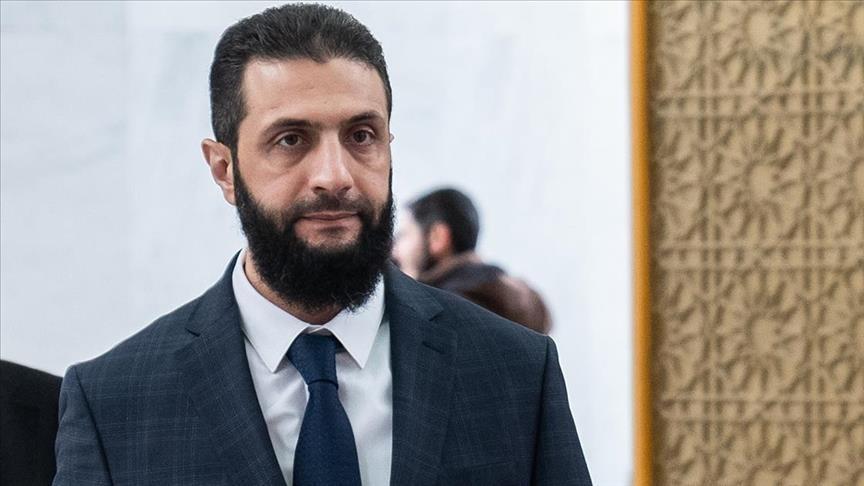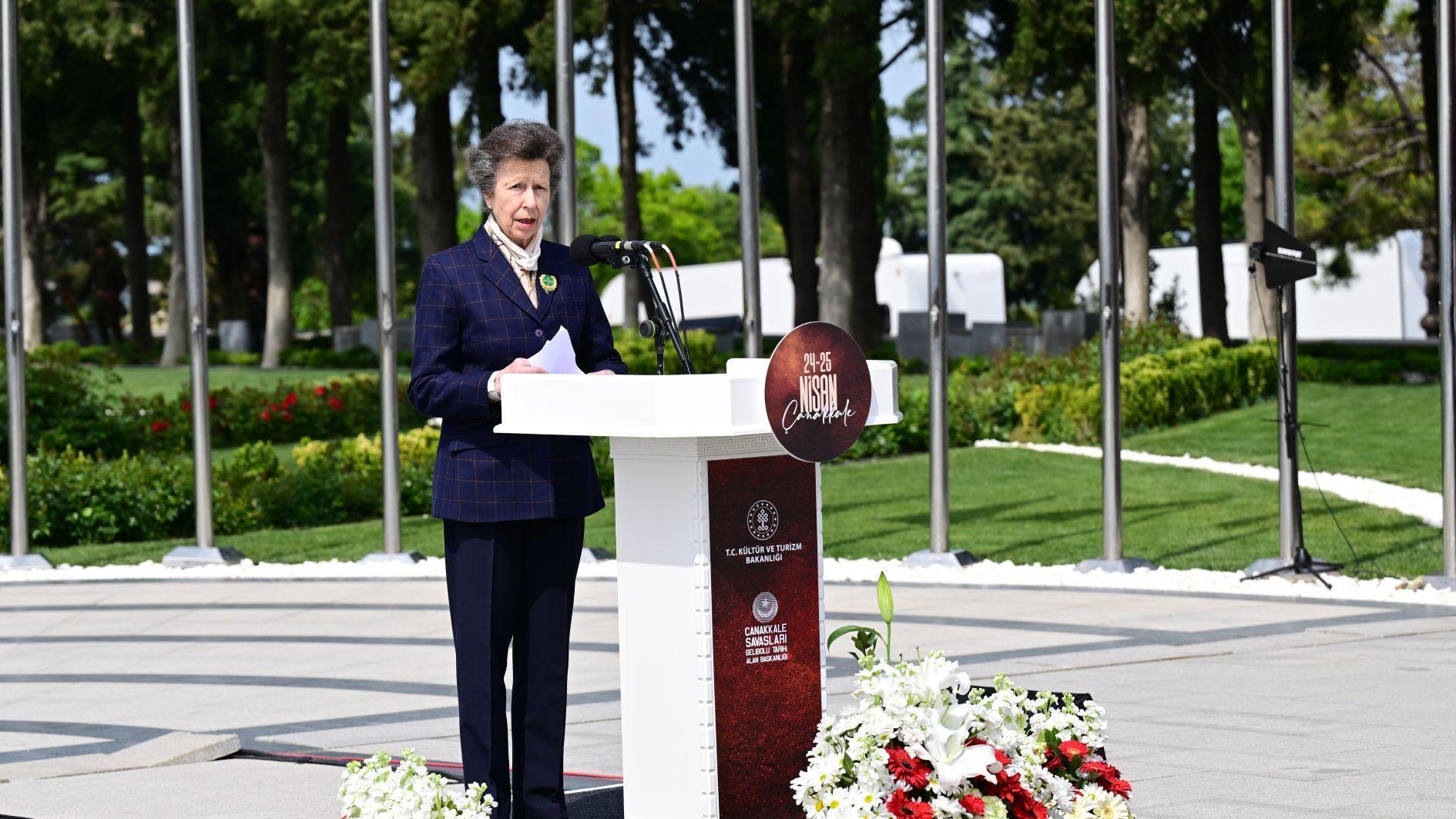EU nears final vote on landmark asylum reform
STRASBOURG

The EU will vote Wednesday on a vast overhaul of its immigration policies that would notably harden entry procedures for asylum-seekers and require all the bloc's countries to share responsibility.
The European Parliament will decide a series of laws forming the bloc's migration and asylum pact, based on a European Commission proposal first made in September 2020.
The overhaul was reached only after overcoming years of tensions and divisions among EU member countries. Once fully adopted, it would come into effect from 2026.
Alongside its passage, the European Union has been striking agreements with several outside countries to try to reduce the number of migrants leaving their territories with the goal of reaching Europe.
The backdrop of the two-pronged approach is a rise in asylum applications in the 27-nation EU, which last year reached 1.14 million, the highest level since 2016.
Irregular migrant entries into the bloc are also increasing, to 380,000 last year according to the EU's border and coast guard agency Frontex.
The migration and asylum pact has been opposed, for very different reasons, by the far right, the far left and some socialist lawmakers.
"After years of impasse, the new migration rules allow us to regain control over our external borders and reduce pressure on the EU. State authorities, not smugglers, have to decide who enters the European Union," said Manfred Weber, head of the biggest political group in the European Parliament, the centre-right European People's Party.
NGOs and migrant charities have come out against the reform, especially its provision creating border facilities to accommodate asylum-seekers and quickly send back those deemed ineligible, which they fear will lead to systematic detentions.
The reform largely retains the basic rule in force under which the first EU country in which an asylum-seeker arrives is responsible for their case.
But it adds a "solidarity mechanism" that requires all EU countries to help front-line states such as Italy and Greece when they come under pressure by either taking in some of the asylum-seekers or providing an equivalent financial contribution.
















